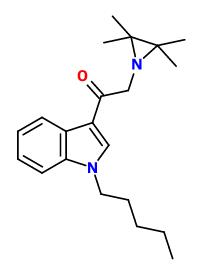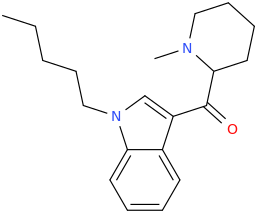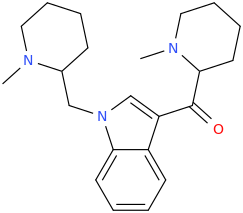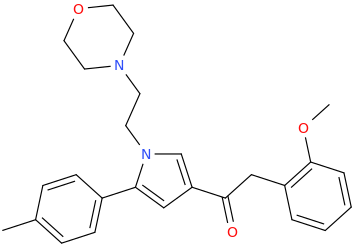JohnBoy2000
Bluelighter
- Joined
- May 11, 2016
- Messages
- 2,613
I'd love too!!
But uni is expensive.
Plus - I can bang out a couple hours study myself each day, but not quite at the level of cognitive functioning to take on a full time program just yet.
Though - I do live in hope, I'm working towards it, and feel confident I can make it happen.
I actually did contact a uni about neuropharm as a post grad.
There's a masters program available, but upon further inquiry, a lot of feedback mentioned that, without a pharmacology undergrad, employment may be sparse - unless I did a PhD.
I would not be opposed to the idea.
I'm enjoying the more technical aspect to Nestlers book so much that, hey - the more the better.
But.... I don't know. I guess, I'll keep researching and see what happens.
If I got offered to do a PhD at the University of Amsterdam - I would jump on it like a pisshead on a curry.
I lived in Amsterdam for years, but had to leave and go home when I got really sick.
I would love to return there.
But uni is expensive.
Plus - I can bang out a couple hours study myself each day, but not quite at the level of cognitive functioning to take on a full time program just yet.
Though - I do live in hope, I'm working towards it, and feel confident I can make it happen.
I actually did contact a uni about neuropharm as a post grad.
There's a masters program available, but upon further inquiry, a lot of feedback mentioned that, without a pharmacology undergrad, employment may be sparse - unless I did a PhD.
I would not be opposed to the idea.
I'm enjoying the more technical aspect to Nestlers book so much that, hey - the more the better.
But.... I don't know. I guess, I'll keep researching and see what happens.
If I got offered to do a PhD at the University of Amsterdam - I would jump on it like a pisshead on a curry.
I lived in Amsterdam for years, but had to leave and go home when I got really sick.
I would love to return there.








